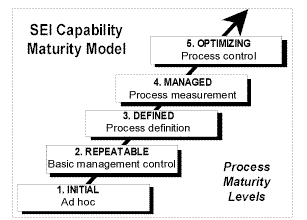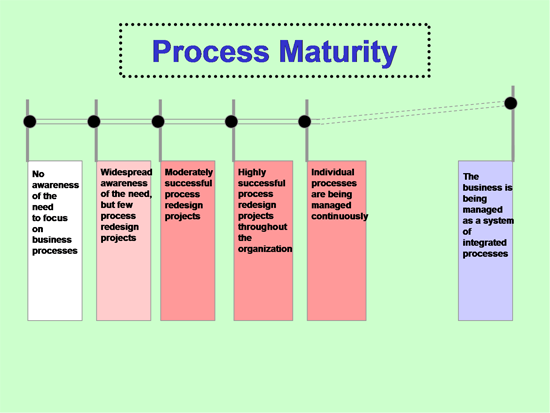While controversy may continue to exist on whether size matters in areas as diverse as sex, bacteria and even blue whales – there is little doubt that size matters enormously when it comes to Business Process Management (BPM).
Tackling larger, cross functional processes is at the heart of success with BPM. This applies to both process improvement and process management. The potential size of the prize increases proportionally with improvement efforts targeted at larger, cross functional processes such as inquiry to order, order to delivery, request to receipt and idea to launch as these initiatives target critical non-value added activities across department boundaries.
The larger the process – there is greater need for cross functional collaboration. This matters similarly to gaining clarity on the critical few measures of process performance. The journey to enterprise wide BPM takes much longer when organizations focus on improving smaller processes, typically inside of traditional departmental boundaries.
There are multiple benefits in viewing the business in terms of the large cross functional business processes, including:
- Defining large processes makes it easier to promote a customer centric view of the business.
- Achieving strategic alignment requires a high level process view and places more emphasis on the critical few processes that need to be improved to execute strategy.
- Focus on the eight to fourteen, large enterprise processes facilitates the development of a one page picture of key processes needed for advocating a customer focused, business process based view.
- A focus on the large, cross functional processes minimizes the likelihood of launching too many small disconnected projects.
- Emphasizing the major processes enables information technology to more effectively target value creation and facilitates IT investment decisions.
On the other hand, focusing on processes of small scope within departmental boundaries has a number of drawbacks, including:
- Reinforces a vertical or silo view of business.
- Stands in the way of identifying non-value added hand-offs between functions.
- Tends to increase the chances that the company will launch too many small disconnected projects.
- Makes it more difficult to achieve a shared understanding of the critical few metrics that drive organizational performance.
- Creates a departmental bias in defining information technology requirements.
The is a widespread view that engaging in many process improvement projects of small scope increases the chances of success for any given project. While that may be true, focusing on a few process improvement projects of larger scope is generally believed to yield greater return on effort invested.
Further, the premise that bigger is better has much to do with making the transition from executing process improvement projects to a companywide focus on process management. Yet, process size is often ignored or minimized in assessing the degree of so called process management maturity. Consider the popular Capability Maturity Model, developed by SEI as depicted below – is process size explicitly recognized?

Figure 1: SEI’s CMM
Even when we consider more simple models of process maturity such as the one depicted below, originally developed by Rummler-Brache as depicted below, size is not explicitly taken into account.

Figure 2: One View of Process Maturity
While this model incorporates elements of both aptitude and attitude in a one-dimensional, linear framework, process size is not explicitly addressed. It is only implied that the leap from continuously managing individual processes to managing the entire business as a system of integrated business processes is facilitated when there is a focus on the company’s large business processes.
Engaging leadership in a focus on the company’s large, cross functional processes does involve a set of fairly daunting challenges. It requires that:
Leaders believe that:
- Strategy begins with the customer
- Organizations should be designed, led and managed such that it is easy for the customer to do business with the company.
- Customer value is created through a company’s enterprise wide business processes
- Significant improvement is achieved more through the exercise of influence than control
Leaders have:
- Defined the set of enterprise level business processes
- Are dedicated to measuring the performance of the company’s large business processes
- Are intent on expressing the firm’s strategy in business process terms
- Wish to develop a shared understanding of which processes need to be improved in order to deliver on strategic objectives.
Perhaps it is these challenges that deter some organizations from viewing the business in the context of its large, cross functional processes. But it cannot be denied, that, size does matter when it comes to implementing BPM.

















